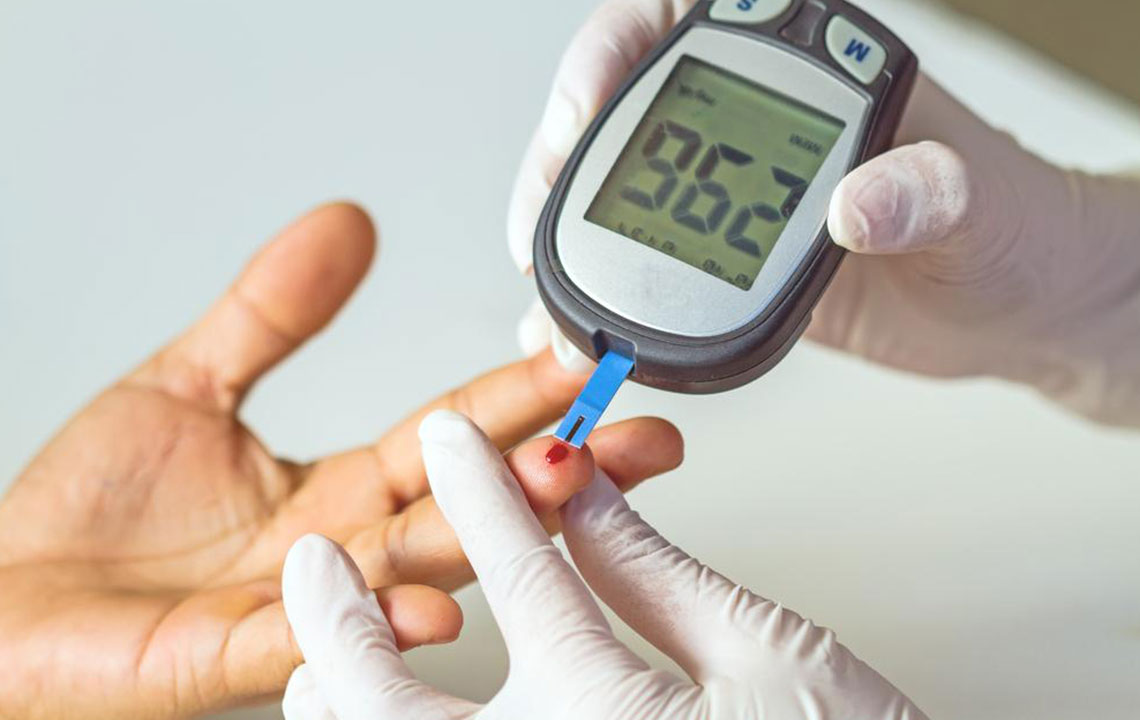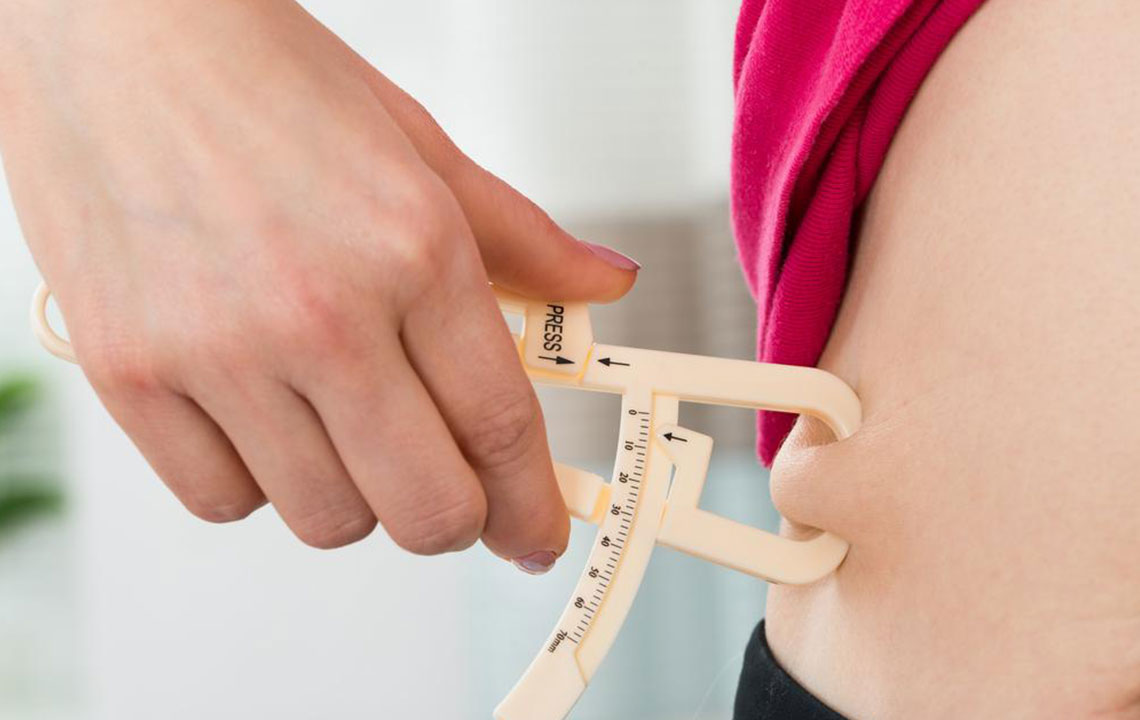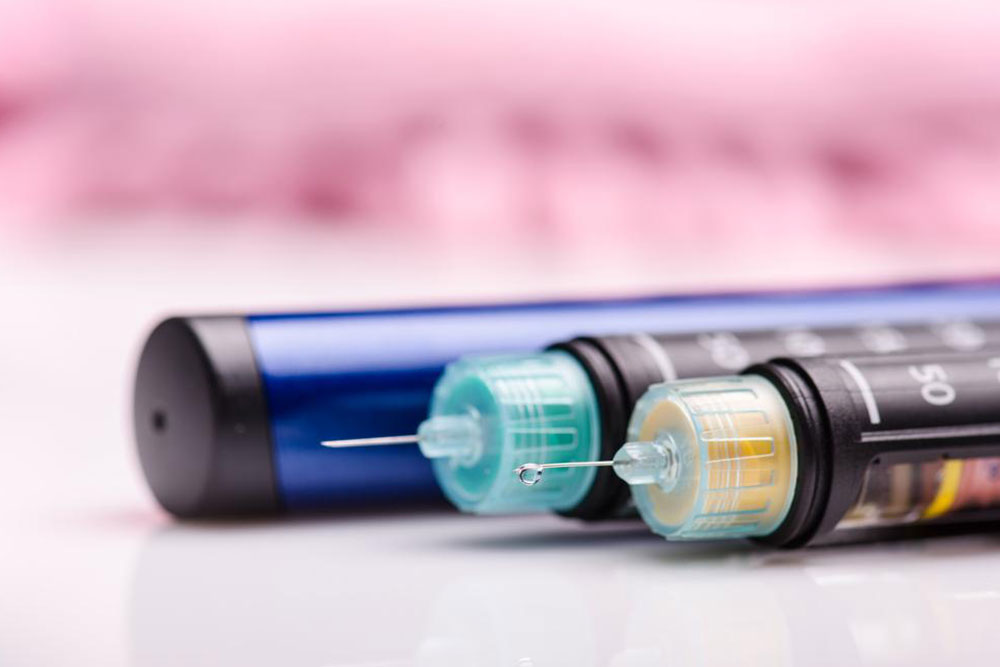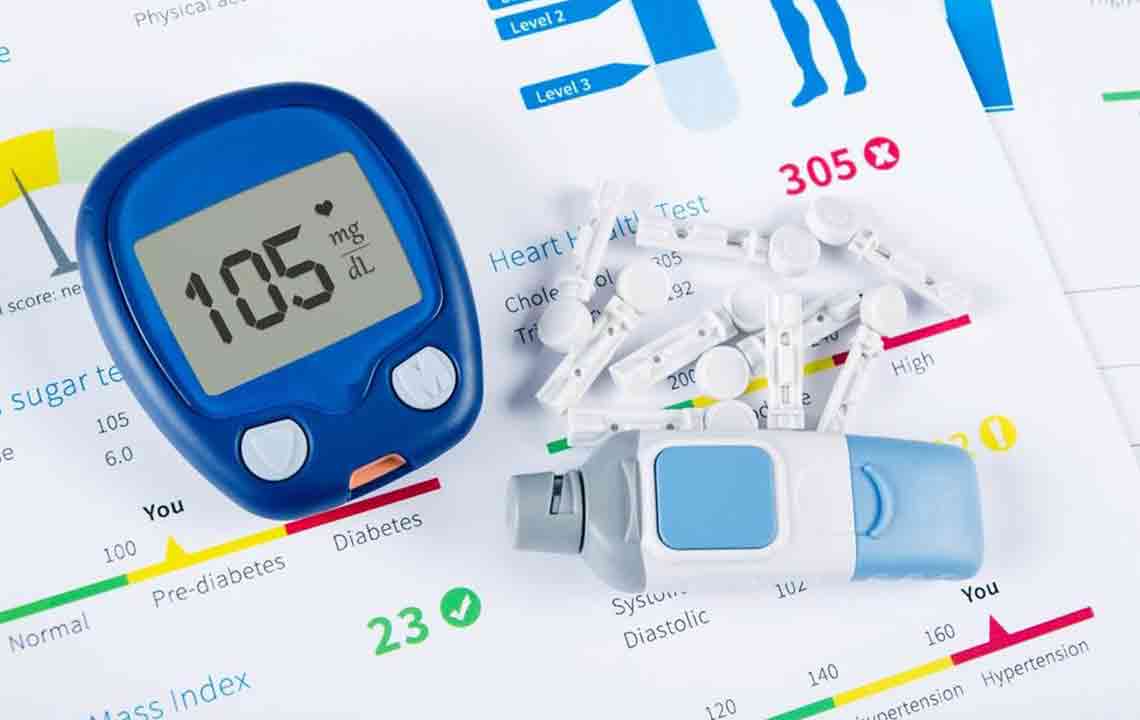Effective Strategies for Managing Blood Sugar Levels in Diabetes
Learn effective strategies for managing blood sugar in diabetes, including regular testing, dietary adjustments, exercise, and monitoring related health parameters. Empower yourself with practical tips to improve your quality of life and prevent complications.

Effective Strategies for Managing Blood Sugar Levels in Diabetes
Regular Blood Sugar Testing
One essential aspect of managing diabetes is monitoring your blood sugar frequently. Following your doctor’s recommended testing schedule is important, but you can also add random checks, such as in the morning or after meals. This approach allows you to gauge how well your management plan is working, enabling timely adjustments to diet and activity levels.
Think of it like being a supervisor — your preparedness influences the outcome. Accurate check-ins provide real insights, helping you tweak your habits for better control.
Managing Carbohydrate Intake
Carbohydrates have a significant impact on blood sugar levels, so tracking their consumption is crucial. Typically, women should aim for about 40-45 grams per meal, while men can target 45-60 grams. For instance, a small cup of rice or pasta contains roughly 45 grams of carbs. To stabilize blood sugar, pair carbs with proteins like lean meats or nuts, or select high-fiber options that digest slowly, keeping you full longer and preventing spikes.
Reducing sugar and increasing dietary fiber can also help clear blood vessels and improve overall blood sugar management. Incorporate foods like sweet potatoes, whole wheat bread, beans, pumpkins, and gourds into your diet. Be cautious with ‘sugar-free’ labels, as many such products can still be high in carbs and potentially harm your health.
Exercise as a Natural Remedy
Physical activity is a powerful tool in lowering blood sugar levels. Consistency is key, as stopping exercise can quickly diminish its benefits. Aim for at least 150 minutes of activity weekly, broken into manageable 30-minute sessions. Activities like walking, swimming, cycling, or jogging are effective, but always consult a healthcare professional before starting a new workout routine. Exercise also releases endorphins, which boost mood and overall well-being.
Monitoring Blood Sugar, Cholesterol, and Blood Pressure
Effective diabetes control involves tracking more than just blood sugar. Regular checks on cholesterol and blood pressure are essential. Your healthcare provider may recommend testing cholesterol every five years or more frequently if necessary. The A1C test, which reflects average blood sugar over two to three months, should be performed biannually. Blood pressure and weight should be monitored at each visit.
Diabetes management benefits greatly from a team approach, involving nutritionists, doctors, nurses, pharmacists, and caregivers. Support from family and peers increases adherence to treatment plans. Educate yourself through classes or support groups tailored for individuals managing diabetes, which can provide motivation and practical advice.










